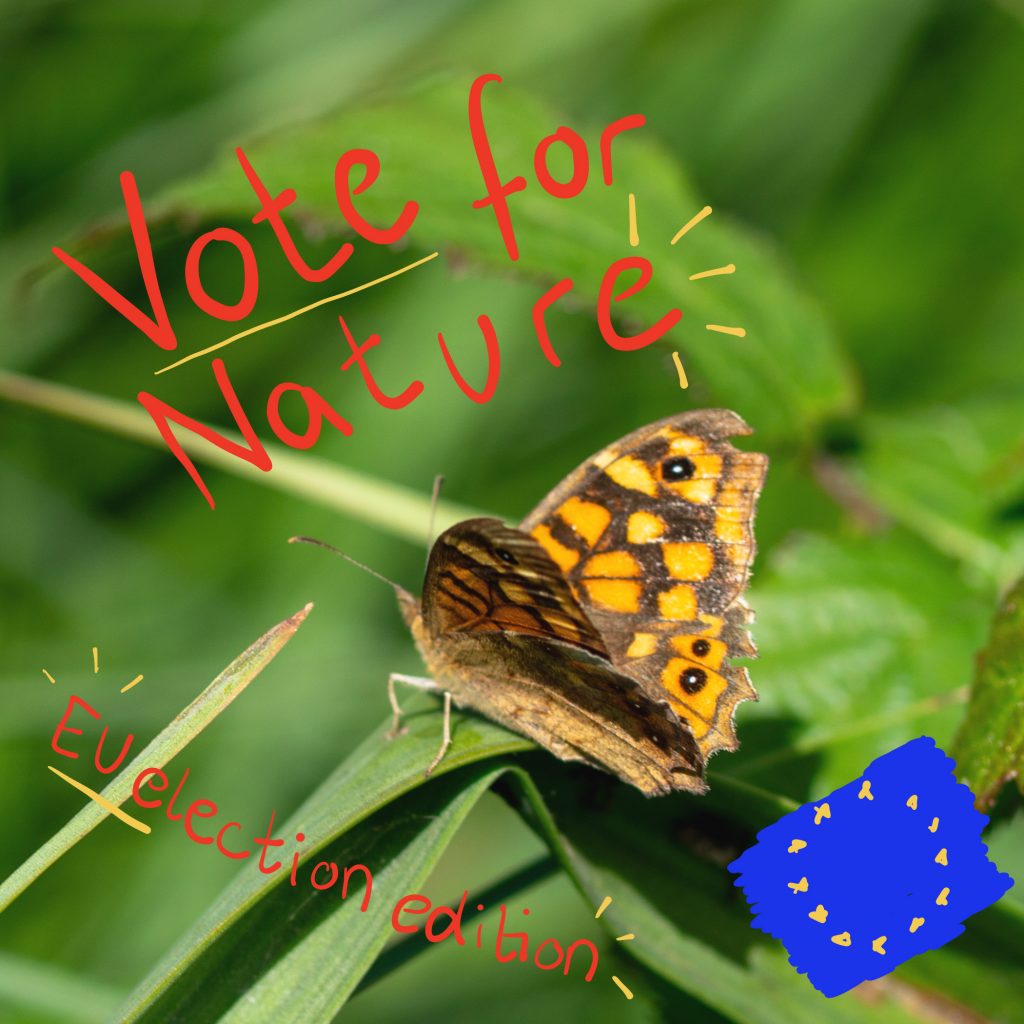In this monthly update, we want to continue to spread positive climate news. Reading the news and learning about all that goes wrong in the world can be such a paralyzing experience. Thinking positively is what encourages action, so we want to share them with you to cultivate the right mindset for much needed action. This good news will not only include rewilding and nature conservation, but every step towards a more sustainable, greener future. Here are our good news of the month:
Cork can become a superpower against oil leakage
Oil leakages are always highly harmful to marine life, but so is their common treatment: chemical dispersants. They “treat” oil leakages by breaking up the oil into small droplets that mix easier with water – but do not reduce the amount of oil in the water. Physicians now may have discovered a new superpower against oil spills in water: cork! The bark of the tree native to the Iberian peninsula was first treated with a laser to increase its surface. It was able to attract the oil and bind it to itself without polluting the water and was powerful enough to be tried out at scale now. The only problem for the scientists so far: the experiment was only successful when the sun was shining. But it may become a regenerative and really environmentally friendly solution to stop oil and dispersants from polluting our oceans!

Nature makes money with its sounds
Our natural environment is able to produce some of the most striking sounds: seagulls, flowing rivers or the rustle of a tree’s leaves. Many artists make use of the sounds in nature and use them in their music – for free. But a new initiative gives artists the possibility to give back. When they use natural sounds, they will be able to select nature as a “co-artist” (Find Nature’s own Spotify page here). This way, a part of the royalties will be given to the Sounds Right initiative who will spread it amongst nature conservation organizations. So far, Nature has already had features with David Bowie, Ellie Goulding and London Grammar. Not a bad start, we say!
Volunteers improve water quality by planting moss
The Dovestone reservoir in the UK once was a peatland – but due to human activity, it was facing a poor ecological development and resistance to climate events – until ten years ago. Because around that time the The Royal Society for the Protection of Birds started with their volunteers planting moss to increase water retention and give a cover to the former peatland. Over the years, this became a huge success: Not only have they recently planted their one millionth sphagnum moss (WOW!), but also increased the water quality in Oldham significantly. “We’ve come a really long way on that journey from bare, degraded, peat 10 years ago, to sphagnum-rich, soaking wet, functional blanket bog,” site manager Kate Hanley told the local newspaper Oldham Times. What a great example of how volunteer engagement can make a change!

Hiking is a booster for mental health
We all know about the positive effects of going outdoors and immersing ourselves in nature. And it’s not only a feeling, but also scientifically proven: e.g. a German study found how participants with a previously higher stress level were more calm and relaxed after partaking in hiking tours. Another study from Austria found: the hikes should be at least three hours long to have a serious effect on your mental health. So in case you didn’t already get it: please, get out there and enjoy spring in nature asap!
These are our good news of the month! If you want more, dont worry: here’s last month’s edition! 🙂






